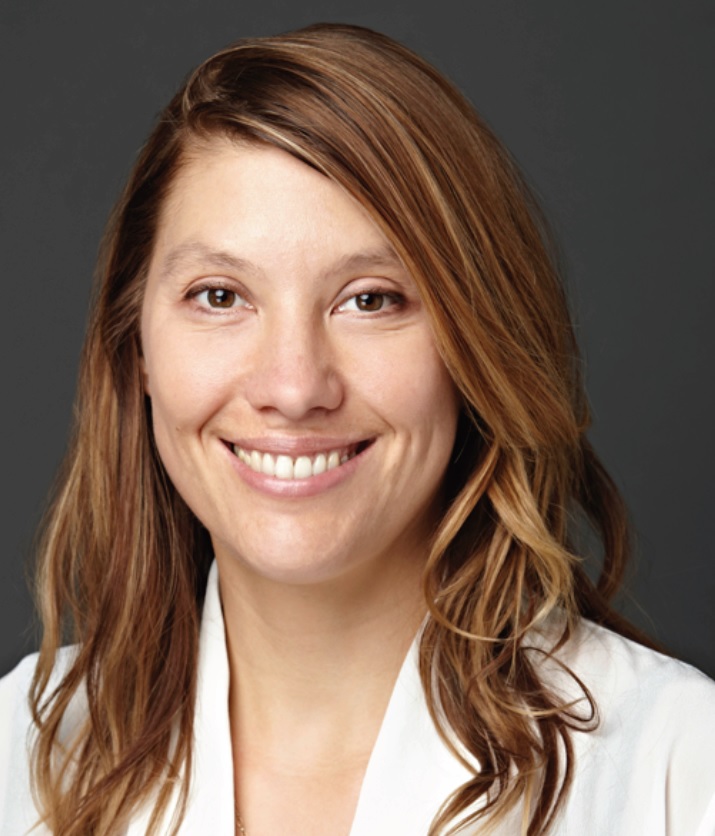Report on the RSA Research Network on ‘Academic-Practitioner Collaboration for Urban Settlements, South Pacific’

By Jennifer Day (University of Melbourne).
The aim of this research network, formerly addressed as ‘Academic-Practitioner Collaboration for Urban Shelter’, is linking academic and practitioner knowledge applied to the disaster-management cycle in the South Pacific. This reports the key findings of the Port Vila workshop that took place on the 23rd of October 2018, at the University of the South Pacific, Emalus Campus, Port Vila, Vanuatu.
The objective of the event was to promote the network, generate consensus, and consult the membership and constituents, about the goals and mission of Academic-Practitioner Collaboration for Urban Settlements, South Pacific (APCUS-SP). The number of participants was around 43 attendees. Twenty five percent of the participants were Ni-Vanuatu (local Vanuatu) people living and working in a variety of organisations, including in government, civil-society organisations, international NGOs, and academics. The remaining participants were largely expatriate NGO leaders and government advisors currently living and working in Vanuatu. One participant attended from Fiji, and two Australian academics attended from the Australian National University.

The event was a single, full day. No papers were presented. However, every participant of the workshop was able to speak about his or her experiences in disaster management and response. We used a storytelling method, encouraging participants to tell stories about how academic-practitioner knowledge sharing had worked or produced bad results in their experiences.
Identity
There has been a shift in identity that have arisen during the workshops. One notable shift in how identity has been a name change – The “S” in APCUS has changed meaning, from “shelter” to “settlements,” to reflect the urban, inter-sectoral focus of the research network
The first two reports are available here. In the next report, we will be further articulate a number of outstanding identity issues:
- Are we a community of practice?
- How will we demonstrate our value?
- Are we a network of individuals?
- How will we be led?

“For a long time, colleagues and I have been working via informal networks to improve academic-practitioner collaboration in urban humanitarian programs in the Pacific. With the RSA Research Network Grant Scheme, we were able to found the Academic-Practitioner Collaboration for Urban Settlements, South Pacific (APCUS-SP). This organisation’s goal is to improve humanitarian emergency response in cities by unlocking the considerable knowledge that academics can contribute, making it accessible to humanitarians in the field. We work before, during, and after humanitarian emergencies. Joining APCUS-SP is free and easy. Visit us here. APCUS-SP now has 148 members from 18 countries. Our members work across a range of agencies, governments, and academic institutions. Without the RSA grant, APCUS-SP would still be an abstract idea.”
For more information and contact

Jennifer Day is a Senior Lecturer at the University of Melbourne. She is lead organizer of the Regional Studies Association Research Network on Academic-Practitioner Collaboration for Urban Settlements, South Pacific (APCUS-SP). She researches forced displacement, economic development, and disaster management.